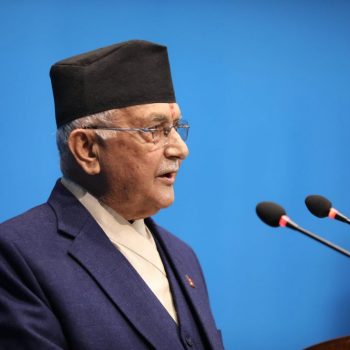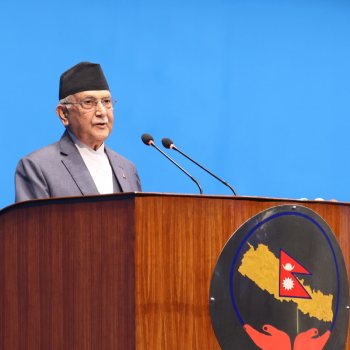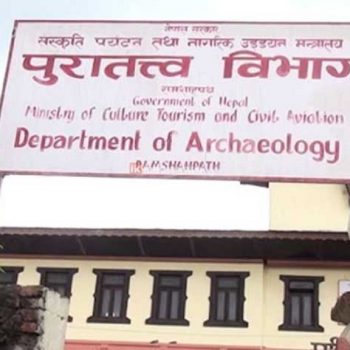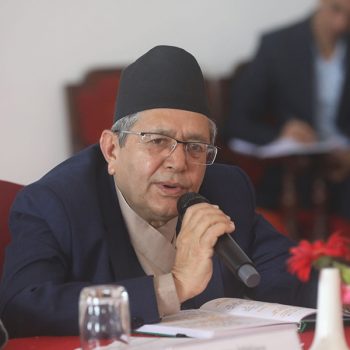Adha Shatabdi: A Journey of Resilience and Purpose
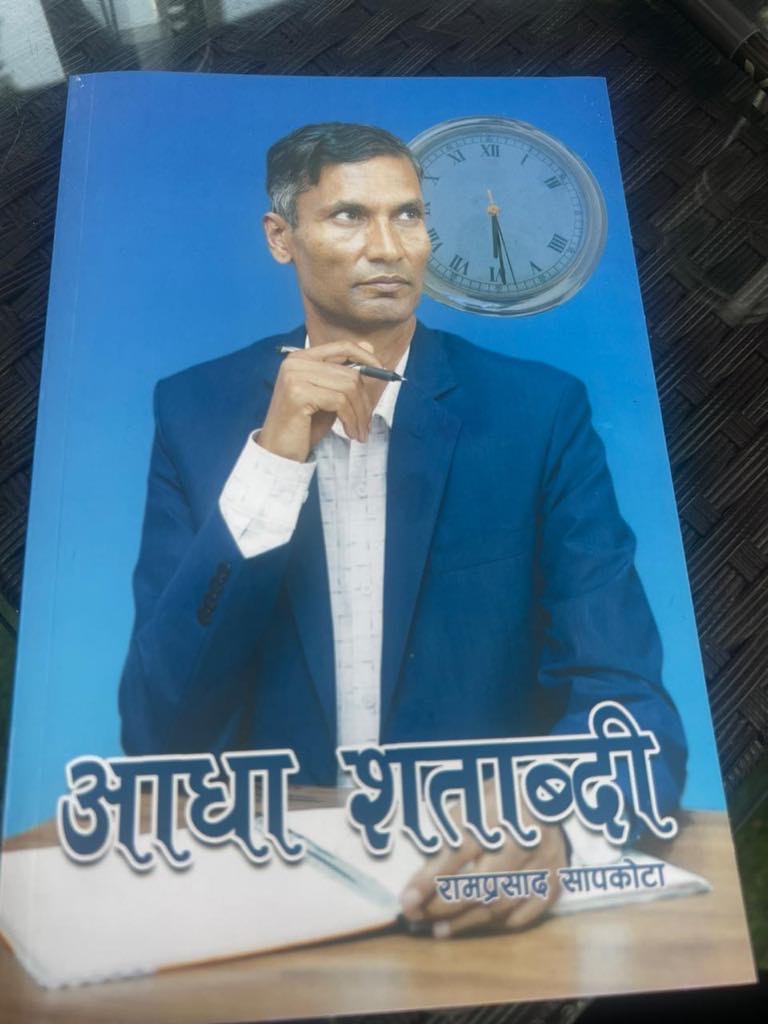
An autobiographical writing is a compelling form that focuses on specific events or periods in the author’s life, offering profound reflections on personal experiences, emotions, and insights.
Unlike a full autobiography that spans an entire life, it hones in on particular themes, events, or relationships that have significantly influenced the author’s development. This selective approach invites readers to journey through the author’s unique perspective, fostering a deep emotional connection by sharing personal struggles and triumphs.
By varying its structure—either chronologically or thematically—the autobiography becomes a cultural artifact, reflecting broader societal and historical contexts. Ultimately, it serves as a powerful testament to the author’s journey, offering insights that resonate with readers and illuminate the complexities of the human experience.
There are countless people in our society who achieve success in a short period of time.
However, only a few truly successful individuals manage to live multiple lives within a single lifetime. Among the Nepali tourism entrepreneurs, only a handful have succeeded in enriching society by leading a multi-dimensional life, and Ram Prasad Sapkota (1972) is such an example.
He is one of the well known personalities in the Tourism Society of Nepal. In Nepal, only a handful tourism entrepreneurs have demonstrated the qualities of a writer. Ram Prasad has not only engaged himself in business but has also established himself as a skilled author.
He published an autobiography titled Adha Shatabdi in August this year. In Nepali literature, his works have raised the bar of autobiography.
In Adha Shatabdi, Ram Prasad Sapkota chronicles fifty years of his life, presenting a rich tapestry of personal and professional milestones. The autobiography is thoughtfully divided into twenty chapters, each illuminating key experiences that have shaped his character and propelled his success. Sapkota’s resilience shines through as he navigates the challenges of the tourism industry, achieving both financial stability and personal growth.
Sapkota’s narrative is equally marked by his battles against adversity. He recounts setbacks, such as the destruction of a school he helped establish during the Maoist insurgency in Nepal. Yet, despite these challenges, his spirit remains unbroken. Like a stone polished by a relentless river, he emerges from hardship stronger and more determined to make a meaningful impact in his homeland.
A significant aspect of the autobiography is Sapkota’s deep concern for Nepal’s tourism industry. Drawing inspiration from Bhutan’s well-structured tourism policies during his travels, he contrasts them with Nepal’s ongoing struggles. His frustration with the lack of clear policies is palpable, underscoring the missed opportunities to leverage the country’s rich natural and cultural heritage. The book artfully balances Sapkota’s personal narratives with reflections on broader tourism-related issues. Just as readers delve into the complexities of the tourism sector, the narrative shifts back to his life’s journey, maintaining engagement. This dynamic interplay keeps the reader invested in both his professional and personal experiences.
Sapkota distills life’s complexities into simple yet powerful statements, such as:
- “Adversity shapes character, much like gold is refined in the fire.”
- “Every individual has their unique perspective; diversity of thought enriches the world.”
- “Health serves as a passport to endless possibilities, while illness confines us to hospitals
and graveyards.”
- “Despite our different origins, humanity is interconnected; we are all one family.”
These reflections showcase his wisdom, cultivated through a life filled with learning and self-discovery. Beyond personal insights, the autobiography addresses Sapkota’s frustrations with the medical and tourism sectors.
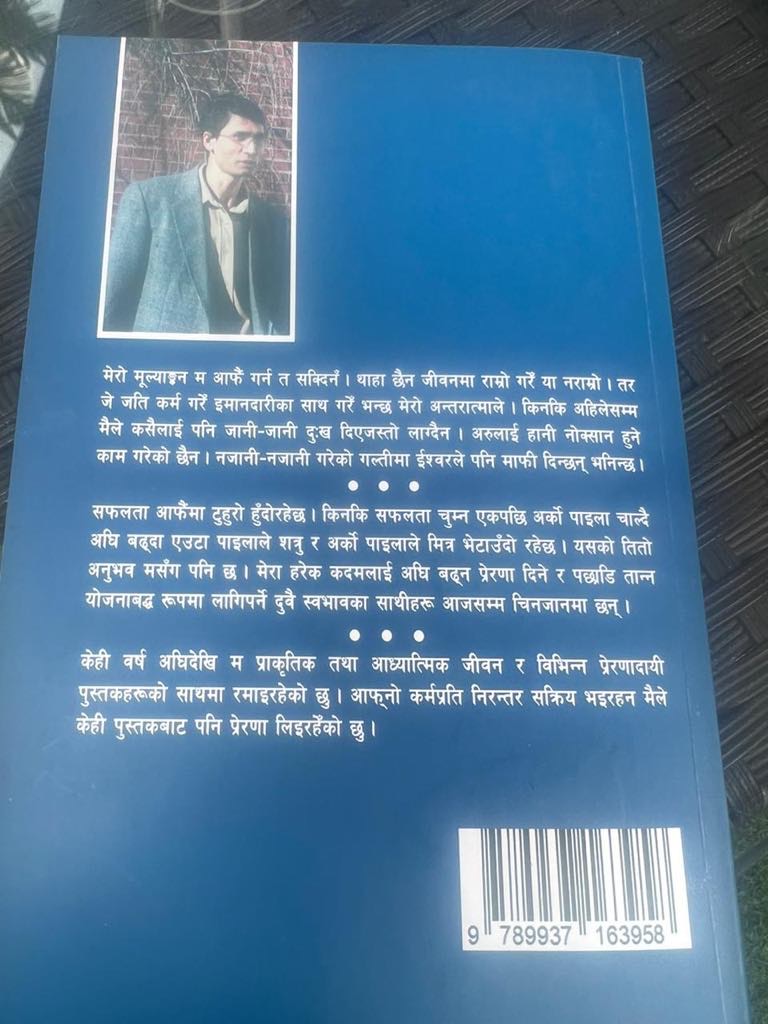
His experiences with incompetent healthcare professionals led him to explore spirituality and holistic living. Additionally, his candid critique of the lack of professionalism in the tourism industry underscores his commitment to ethical practices.
What makes Adha Shatabdi truly inspiring is Sapkota’s unwavering belief in the potential of Nepal’s tourism sector. He argues that genuine hospitality and sincere efforts can elevate Nepal to a premier global destination. His dedication is evident not only in his professional achievements but also in his encouragement for his sons to pursue careers in tourism, ensuring the legacy of their homeland’s prosperity.
Sapkota’s love for literature permeates the autobiography, with references to legendary Nepali poets like Lekhnath Paudyal, Laxmi Prasad Devkota, and Madhav Ghimire.
This literary passion reflects a well-rounded intellectual curiosity that enriches his philosophical outlook.
He has not neglected his business or social service; both have become synonymous with Ram Prasad Sapkota. His positive mindset remains strong, and his life journey continues to advance through continuous experience, planning, and perseverance. Not only did he earn wealth, but he also dedicated a portion of his earnings to the welfare of society. One of his most remarkable achievements is spreading the light of education among orphans and the underprivileged.
For his dedication to social service, he has been recognized with numerous awards, honors, and respect, proving the saying that those who serve are rewarded.
Sapkota has a deep love for his homeland. Although he visited countries like the United States a couple of times and had opportunities to stay there, he chose to return to his country. Since 3 then, everything he has done has been for the betterment of his nation and society, presenting himself as an outstanding example. Adha Shatabdi tells the story of this remarkable journey.
Autobiographies serve various purposes, offering a platform for individuals to share significant experiences that shape their lives. In Adha Shatabdi, Sapkota highlights his journey in the tourism industry, illustrating the challenges faced and lessons learned along the way. His narrative fosters connections with readers, creating empathy through shared emotions and experiences, and inviting them to relate to his struggles and triumphs.
One of the most compelling aspects of the book is Sapkota’s steadfast belief in perseverance. From his rural upbringing in Dhading to becoming a respected tourism entrepreneur, his story exemplifies the rewards of hard work and resilience. He challenges the notion that success
is unattainable in Nepal, proving that determination and dedication can lead to remarkable
achievements even in challenging circumstances.
Adha Shatabdi is more than just an autobiography; it is a thoughtful reflection on life, society, and the journey of self-discovery. The narrative flows smoothly, characterized by clear language and well-structured ideas, making it accessible to readers from all backgrounds.
While some English phrases are noticeable, they do not detract from the authenticity of the text, which remains deeply rooted in Nepali language and culture.
In conclusion, Ram Prasad Sapkota’s Adha Shatabdi is a beautifully crafted account of a life filled with passion, persistence, and purpose. It captures the spirit of an individual who overcame numerous challenges to make a significant mark in the tourism sector. This autobiography is a must-read for anyone seeking insight into the evolution of Nepal’s tourism industry and the unwavering spirit required to navigate the complexities of life with grace and determination.
Last but not the least congratulations on the inspiring masterpiece autobiography, and best wishes for his continued creativity.






